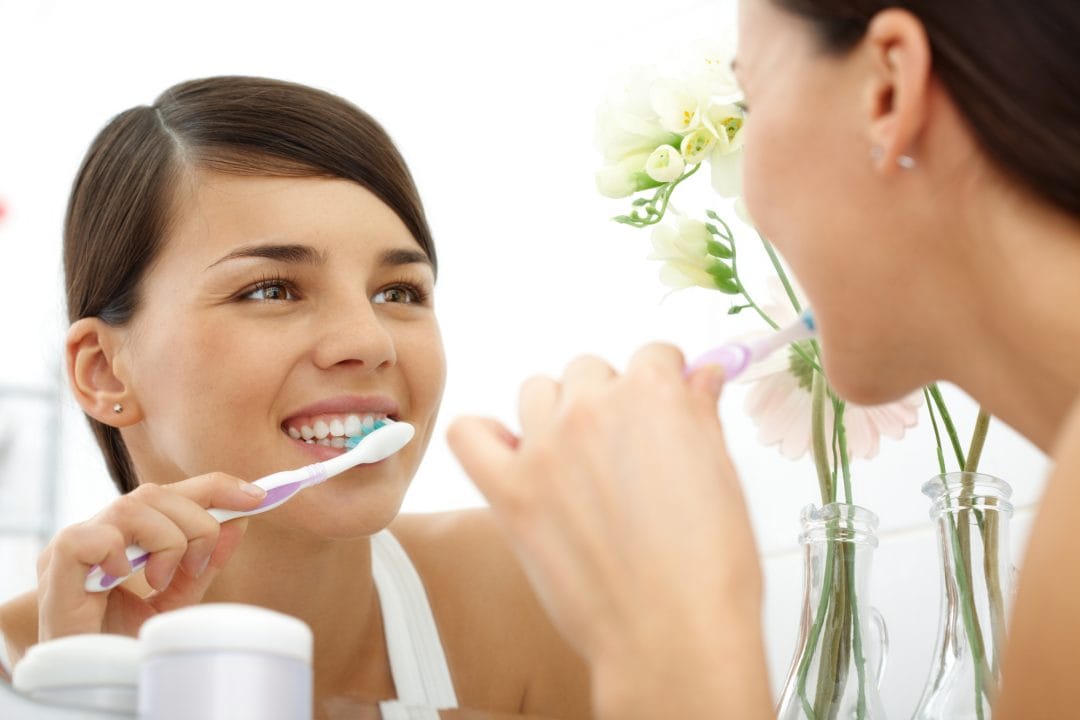
Having good oral hygiene habits is more than just brushing your teeth all day every day. It means making sure you give your teeth and gums all the tender loving care they require. Good oral hygiene means:
- Your teeth are clean and free of food stains when you smile or talk,
- Your gums are pinkish and do not bleed easily when you brush or floss
- You don’t have issues with bad breath
It is important to keep good dental health due to a few reasons we will discuss in this article, as well as eight oral hygiene habits that you can and should adopt to cover all your bases and improve your self-care routine.
Why Should You Care About Tooth Decay?
As the first contact point for all food and beverages you consume every day, your mouth is home to billions of bacteria.
Many of these bacteria cause dental-related diseases such as cavities (tooth decay) and plaque, which may worsen into periodontal diseases.
These bacteria feed on the leftover sugars in our mouth, leaving a form of biofilm known as plaque.
Plaque allows all these microbiomes to stick around longer in your mouth, making acids that will eventually wear your tooth enamel down and cause cavities.
The bacteria that forms near your gums produces toxic waste, entering the gum and causing gingivitis.
Without proper intervention, gingivitis will cause bone and tissue loss around your teeth, after which extraction is imminent.
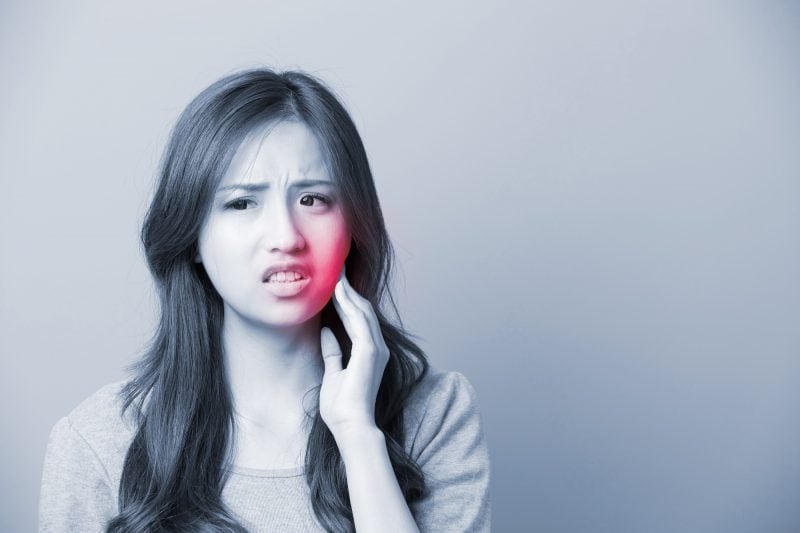
Because our daily diet consists of sugary foods such as bread, cereal, and sweets, it’s highly probable for dental plaque to form if proper measures are not taken, subsequently eroding our gums, making them more sensitive and susceptible to gum diseases.
Hence, good oral hygiene habits must never be taken lightly as we each only get two full sets of teeth in our lifetime.
Once we reach adulthood, we only have that one well-aligned set to take care of for the rest of our lives.
Pick the Right Toothbrush and Toothpaste
According to the Oral Health Foundation, adults should choose a toothbrush with a small to medium-sized head, as long as it is small enough to reach into the crevices of your teeth and gums where food debris usually remains after mealtimes.
There are smaller brushes for children out there in the market today as well.
For most people, a soft-bristled brush is the most comfortable choice as medium and hard bristles can damage your enamel and gums and cause them to bleed if you brush too vigorously.
Are Electric Toothbrushes Better Than Normal Toothbrushes?
So what about electric toothbrushes? Do they clean better?
Studies have shown that there are not many differences between electric and normal toothbrushes in removing plaque, although a rotation oscillation toothbrush (where the bristles go-round, back and forth) is the most effective and it is particularly useful for those with limited arm or hand movement.
For your choice of toothpaste, you will also notice many varieties such as “total care” that includes ingredients to freshen breath as well as reduce plaque build-up, or “whitening” that are somewhat effective in removing stains but not strong enough to actually alter the shade of your teeth.
Whichever variety you choose, always opt for one with fluoride as it helps strengthen and protect your teeth, preventing tooth decay.
We would encourage adults to use fluoridated toothpaste. On the other hand, we would also advise children to use fluoride-free toothpaste unless they have active cavities. This is to prevent fluorosis.
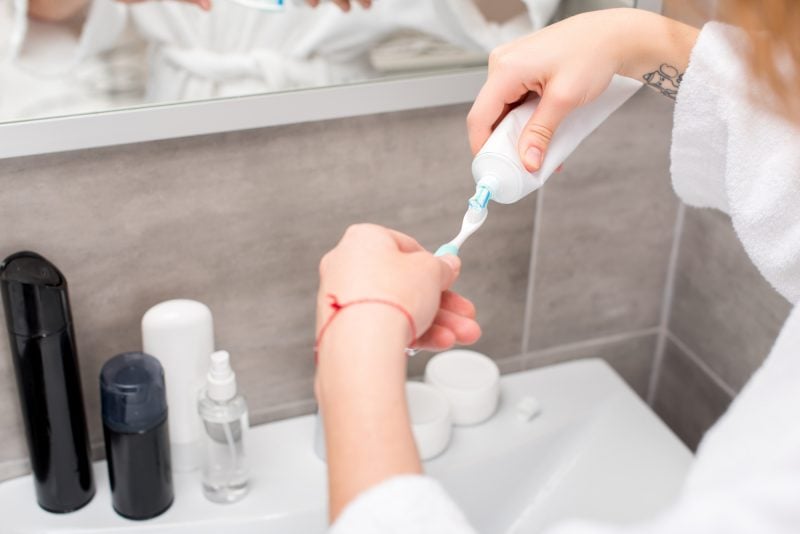
Brush Regularly the Right Way
Brushing is one of the most common ways to build good oral hygiene habits and twice a day after meals are plenty enough for most people.
Brush well using the right method following this four-step process:
- Hold your toothbrush at a 45-degree angle against the gums.
- Move the brush back and forth gently in short, circular strokes.
- Brush the outer, inner tooth surfaces, as well as the top areas where chewing often occurs.
- Hold the brush vertically and use the tip to clean the inside surfaces of the front teeth, using gentle up-down strokes.
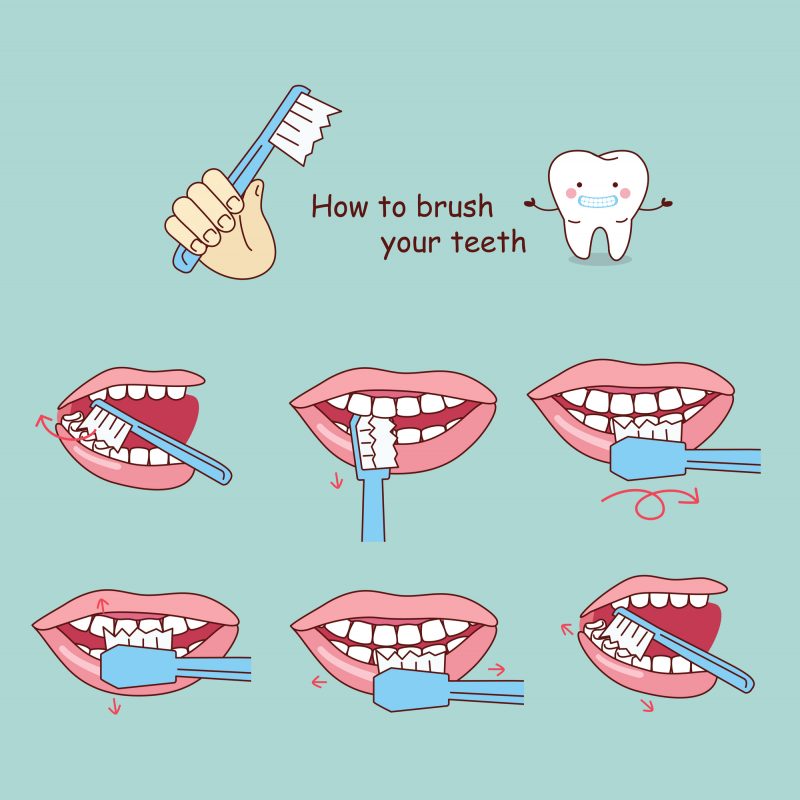
Remember to change your toothbrush every two to three months as worn-out bristles may not clean your teeth well and may even damage your gums.
Many people tend to coat the entire head of their toothbrush with toothpaste when only a pea-sized amount is needed.
Some even say to spit instead of rinse after brushing to keep the fluoride staying on your teeth for a longer period of time.
Don’t Forget the Tongue
Bacteria live in every corner in your mouth including on the tongue. Although brushing removes bacteria from your teeth and gums, it can still remain on your tongue, causing bad breath from odour-causing germs.
Keeping your tongue clean also boosts your immunity levels and gut health as you get rid of toxins that initially occur in the mouth. So how do you brush your tongue?
You can start by brushing the back, moving towards the front before rinsing. For more thorough cleaning, opt to use a tongue scraper that is sold at most pharmacies these days.
Made of either soft, flexible plastic or metal, the scraper helps to rid your tongue of mucus-looking waste.
Just be cautious not to scrape too hard as it may cause soreness and even bleeding.
Floss, Floss, Floss
Even if you brush regularly, there is still a chance of food particles remaining between your teeth and gums.
Flossing is important as part of one’s oral hygiene habits because it reaches into your crevices that are hard for a brush to reach.
Studies have also shown that people who brushed and flossed regularly were less likely to have bleeding gums and gingivitis.
Flossing is also a more convenient alternative to brushing your teeth in the middle of the day.
Here’s how to floss effectively:
- Use about 18 inches of floss and wind it around the middle fingers of each hand, hold it taut between your thumbs and forefingers.
- Guide the floss between your teeth using a rubbing movement.
- At the gum line, curve the floss against one tooth and gently slide it into the space between the gum and tooth.
- Move the floss in an up-down motion, conforming to the shape of the tooth.
- Repeat this for the rest of your teeth.
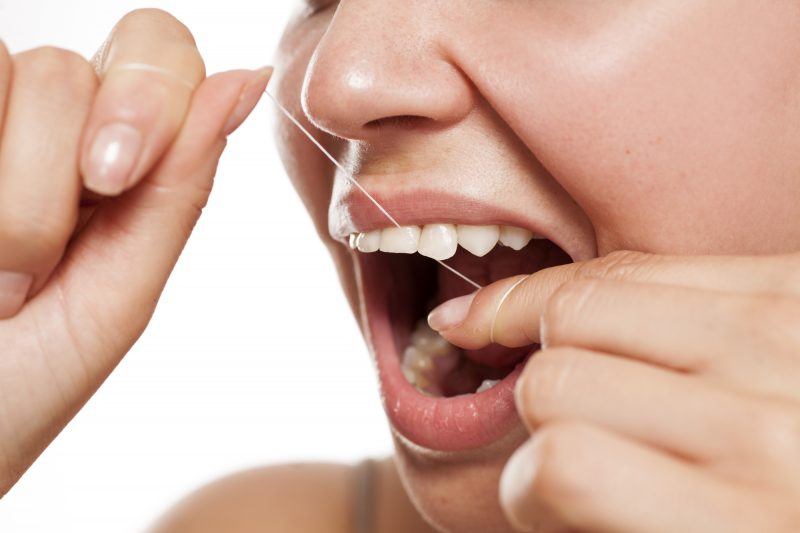
Consider Using Mouthwash
In addition to brushing and flossing, an antimicrobial mouthwash can increase oral hygiene.
Although using mouthwash is not part of a regular oral care regime for many, they do contain active ingredients such as chlorhexidine that prevents plaque buildup and gum disease.
Another benefit of mouthwashes is that they can reach crevices in your mouth that brushing and flossing can’t.
According to Listerine, the infamous American brand of antiseptic mouthwash products, the right method of using mouthwash is to pour 4 teaspoons into a cup, empty the solution in your mouth without diluting it, swish it around in your mouth and gargle for 30 seconds, and spit.
Watch Your Diet
Yes, the foods you choose to eat can affect your oral health. As explained, tooth decay happens when plaque comes in contact with sugar in the mouth, causing acid to form and eroding teeth and gums.
Hence, if you consume too many sugar-filled snacks, there is a higher risk of bacteria forming in your mouth especially when you eat sugary foods as a midnight snack and sleep without brushing.
On the other hand, eating fruits and vegetables help to protect your teeth. These healthier options tend to stimulate the production of saliva, cleansing the mouth and reducing the acid.
Even chewing sugar-free gum after meals can help prevent tooth decay and cavities.

Choose What You Drink Wisely
Besides the foods you eat, the drinks that you consume are also important to maintain oral hygiene.
Sugary beverages such as soda and fruit juices should be consumed in moderation and even if you must have them, try drinking them with a straw to avoid the sweet liquid passing through your teeth and sticking to the surfaces in your mouth.
Drinking water with or after your meals also helps rid your mouth of leftover debris and bacteria, thus reducing acid production.
If you have access to fluoride water, that is the icing on the cake as fluoride is a mineral that resists tooth decay and other gum diseases.
Visit Your Local Dentist
Just like annual medical checkups, you need regular dental checkup as well.
Regular checkups are important to detect and prevent oral diseases especially if you have pre-existing conditions such as diabetes.
Your dentist will evaluate your teeth and gums to evaluate your risk of tooth decay, as well as recommend ways you can maintain good oral hygiene habits.
Regular cleanings are also essential to help remove the buildup of plaque and tartar and eliminate the occurrence of gum diseases.
These will include the stains on your enamel and possibly a fluoride treatment to strengthen your teeth against decay and demineralisation.
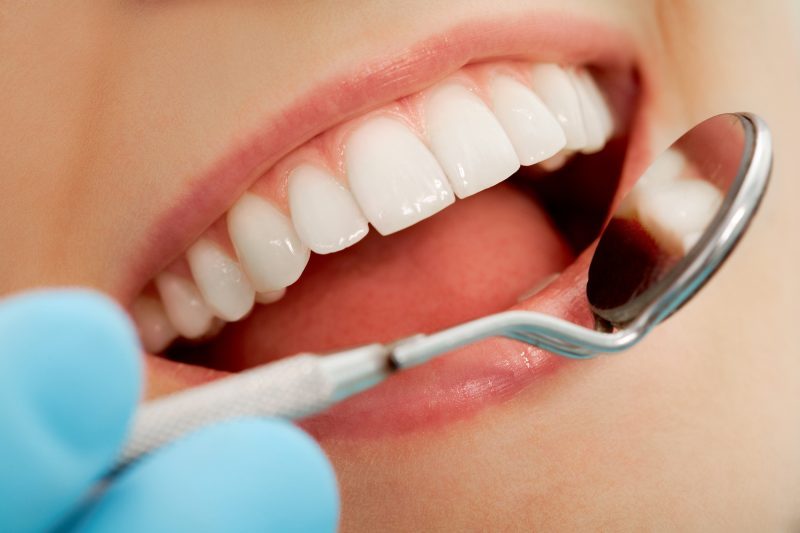
Come Talk to Us!
At AllSmiles Dental Care, we are all about delivering a stellar experience to our patients.
From annual checkups to dental treatments, we have got you covered with our comprehensive range of dental services and professional doctors to meet your needs.
Contact us today to book a dental appointment today!
